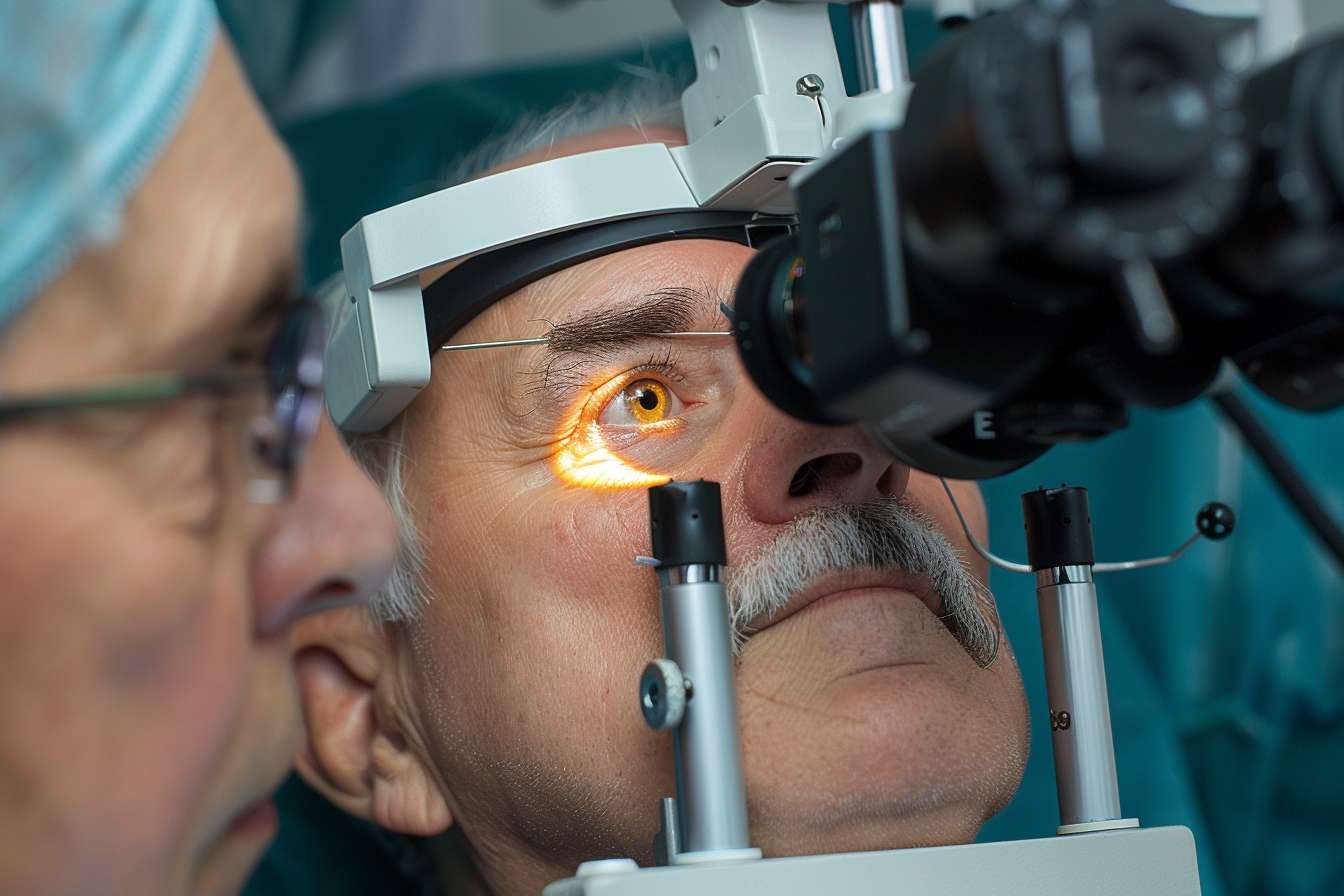How Seniors Are Really Choosing Dentists in 2025 — See the Secrets
Are you or a loved one over 55 and looking for the right dentist? In 2025, seniors are rethinking what really matters when it comes to oral care. From trust and comfort to experience with age-specific needs, discover the hidden factors guiding their choices—and why they matter.

What are the top priorities for seniors when selecting a dentist?
In 2025, seniors are placing a premium on factors that directly impact their comfort and overall experience. Topping the list is a dentist’s expertise in age-specific dental issues. Seniors are seeking professionals who understand the unique challenges that come with aging teeth and gums. This includes knowledge of common conditions like dry mouth, gum recession, and increased sensitivity.
Another crucial priority is the dentist’s ability to communicate effectively. Seniors value clear explanations of procedures, treatment options, and preventive care strategies. They’re looking for dentists who take the time to listen to their concerns and address them thoroughly, fostering a sense of trust and partnership in their oral health journey.
How are technology and convenience shaping seniors’ dental choices?
The technological landscape is playing a significant role in how seniors choose dentists in 2025. Many are gravitating towards practices that offer advanced diagnostic tools and minimally invasive treatments. Digital x-rays, intraoral cameras, and 3D imaging are becoming standard expectations, as they often result in more accurate diagnoses and less discomfort during procedures.
Convenience factors are also weighing heavily in decision-making. Seniors are prioritizing dentists who offer flexible scheduling, including evening and weekend appointments. Additionally, practices with user-friendly online booking systems and clear, accessible websites are gaining favor among tech-savvy older adults who appreciate the ease of managing their dental care from home.
What role does specialized care for aging teeth play in selection?
As awareness of the specific dental care needs after 55 grows, seniors are increasingly seeking dentists with specialized training in geriatric dentistry. This expertise is becoming a major differentiator in 2025. Dentists who can effectively manage issues like tooth wear, increased decay risk, and the oral health impacts of common medications are in high demand.
Moreover, seniors are looking for practices that offer comprehensive care plans tailored to their age group. This includes regular assessments for oral cancer, strategies for maintaining natural teeth longer, and solutions for common prosthetic needs such as dentures and implants. The ability to provide this specialized care is often a deciding factor for many seniors when choosing a dentist.
How important is the overall patient experience for seniors?
The overall patient experience has become a crucial factor in how seniors choose dentists in 2025. Comfort is key, with many seniors prioritizing practices that offer a welcoming, stress-free environment. This includes everything from comfortable seating in waiting areas to the use of anxiety-reducing techniques during treatments.
Accessibility is another vital aspect of the patient experience. Seniors are favoring dental offices that are easily navigable, with features like wide doorways, handrails, and wheelchair-friendly facilities. Practices that go the extra mile to accommodate mobility issues or sensory impairments are gaining a significant edge in attracting and retaining senior patients.
What senior oral health tips are influencing dental choices?
In 2025, seniors are more proactive about their oral health than ever before. They’re seeking dentists who can provide comprehensive education on maintaining good oral hygiene as they age. This includes guidance on proper brushing and flossing techniques for those with dexterity issues, advice on managing dry mouth, and recommendations for appropriate dental products.
Nutrition’s impact on oral health is also a hot topic. Seniors are looking for dentists who can offer dietary advice to support strong teeth and healthy gums. Practices that integrate nutritional counseling into their services are seeing increased interest from older adults who understand the connection between diet and dental health.
How are dental practices adapting to meet seniors’ needs in 2025?
Dental practices are evolving to better serve the growing senior population. Many are introducing services specifically tailored to older adults, such as mobile dentistry for homebound seniors or those in assisted living facilities. This adaptation to changing needs is a significant factor in how seniors choose dentists in 2025.
Some practices are going further by creating dedicated senior care programs. These programs often include benefits like priority scheduling, longer appointment times to accommodate slower movement or more detailed explanations, and coordination with other healthcare providers to ensure comprehensive care. Dentists who offer these specialized services are finding themselves at the top of seniors’ lists when it comes to choosing a dental care provider.
| Adaptation Strategy | Description | Benefits for Seniors |
|---|---|---|
| Mobile Dentistry | In-home or facility-based dental services | Convenient for those with mobility issues |
| Senior Care Programs | Dedicated services tailored to older adults | Priority scheduling, longer appointments |
| Specialized Training | Focus on geriatric dentistry | Expertise in age-specific dental issues |
| Technology Integration | Advanced diagnostic and treatment tools | More accurate diagnoses, comfortable procedures |
| Accessibility Features | Wheelchair-friendly facilities, handrails | Easier navigation and increased comfort |
In conclusion, the landscape of senior dental care is evolving rapidly in 2025. Seniors are making informed choices based on a combination of expertise, technology, specialized care, and overall patient experience. As dental practices continue to adapt to these changing needs, seniors are finding it easier to access high-quality, age-appropriate dental care that meets their unique requirements and preferences.
This article is for informational purposes only and should not be considered medical advice. Please consult a qualified healthcare professional for personalized guidance and treatment.




